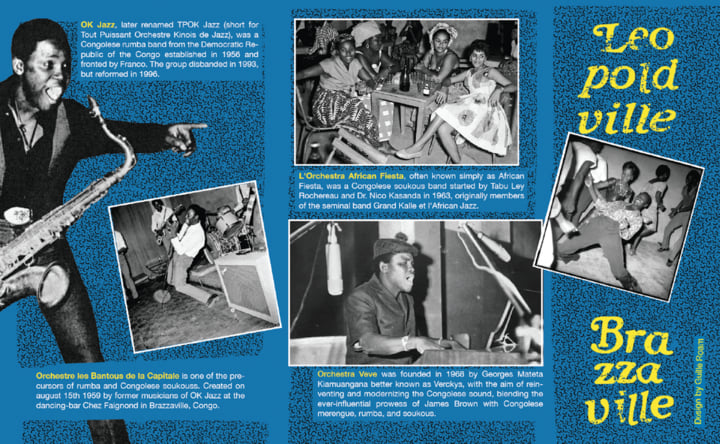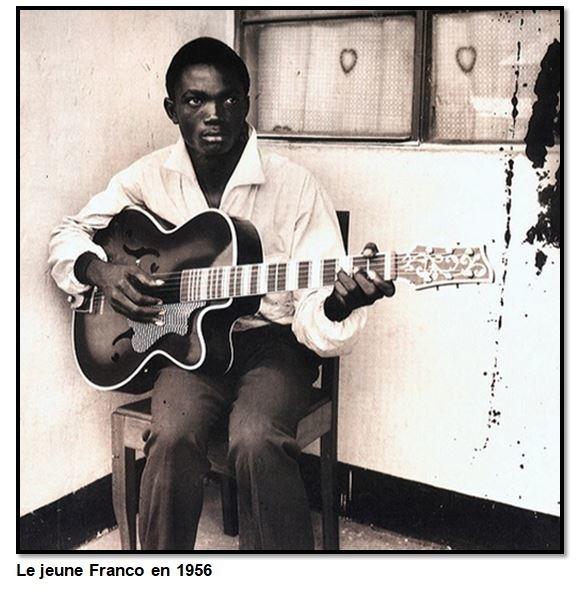MAKOSSA
Makossa is a popular style of music and dance that originated in Cameroon, a country in Central Africa. It is known for its infectious and upbeat rhythm, characterized by a lively fusion of African, jazz, and funk influences. Makossa music often features prominent brass instruments, catchy melodies, and lyrics in various languages spoken in Cameroon, such as Duala and French.
Emmanuel Nelle Eyoum is considered to be the father of Makossa. It is he who, for the first time, used the word during a benefit at the Flambeau Bar, in Douala, in his song
Mot'a Ogono mo asi ma nanga ndabo. Starting in 1958, the style was popularized in the other cities of the country by the group Négro Styl. Makossa saw its first success on the continental level with the musician Eboa Lotin, who represented Cameroon at the Panafrican Festival in Algiers in July 1969. The genre then grew and diversified in the 1970s and 80s, becoming Makossa New Wave, Makossa Pop, Makossa Funk, Makossa Soul, etc., according to the inspiration of the songwriter.
One of the most famous Makossa songs is "Soul Makossa" by Cameroonian musician Manu Dibango, which gained international recognition and influence in the 1970s. The song's distinctive sound and rhythm contributed to the development of modern African and world music.
It is not until 1973, and the impressive success of
Soul Makossa in the United States, that the musical genre made its mark in Western markets. The piece by Manu Dibango, recorded in France and launched by Decca in 1972, initially had limited success; neither the public nor the French music industry paid much attention to it. It caught on when David Mancuso discovered Manu Dibango's record in a West Indian shop on Utica Avenue in Brooklyn and made it a hit in his private club, the Loft. American DJs quickly picked up the song, especially the well-known Frankie "Hollywood" Crocker, who played it on African-American radio station WBLS.
Soul Makossa won over black, white, and Latino listeners, and became an important ingredient in the development of disco.
This vibrant scene incited Ahmet Ertegun, the director of Atlantic Records, to distribute the record in the United States. At his invitation, Manu Dibango undertook a 24-concert tour at the Apollo Theater in Harlem, in the company of the Temptations, and appeared at Constitution Hall in Washington, D.C. with the group Osibisa, and at Yankee Stadium with the Fania All Stars in front of 50,000 spectators. In August 1973,
Soul Makossa cracked the Billboard Top 100 in sales and radio play, and stayed there for 9 consecutive weeks, peaking at number 21 and accumulating 2 million sales by the end of the year. On his return to France, Manu Dibango was invited for the first time to play as a headliner at
L'Olympia de Paris from the 14th to the 17th of May 1977.
If the United States is the place where Makossa made it big, France remained a major hub of production and distribution of this musical style. In the 1980s, the Left then in power authorized the creation of private radio stations, permitting the musical genre to break away from the African ethnic audience to which it had been effectively confined.
Since the 1970s, Makossa has been the object of various and complex reappropriations in the Atlantic world. Some titles were adapted, without authorization, by North American and European singers. James Brown thus discovered
Hot Koki by the Cameroonian musician André Marie Tala when he visited Kinshasa in 1974 to participate in the giant concert for the opening of the fight between Mohammed Ali and George Foreman. The song, played on Zairean radio, captured James Brown's attention, and he remade it as
The Hustle in 1975.
The same story was repeated with
Soul makossa by Manu Dibango who, in 1982, saw his refrain sampled by Michael Jackson in
Wanna Be Startin' Somethin' on the album
Thriller. The legal disputes surrounding the affair have added to the song's renown and its success endures; in 2007, the singer Rihanna integrated part of the chorus into her song entitled
Please,
don't stop the music.
A whole Makossa song was once remade and sung in another language; Demis Roussos remade the song
Elongi by Ekambi Brillant under the title
Kyrila. Two versions followed: one in English and the other in German. More recently, on the occasion of 2010's football World Cup, Shakira drew her inspiration from the song
Zangalewa by the group Golden Sounds, for the chorus of her hit
Waka Waka.
Makossa has had a significant impact on popular music worldwide and continues to be celebrated for its vibrant and danceable tunes. It's not only a musical genre but also a cultural expression of the people of Cameroon.






